The legal boundaries surrounding emulators have long been a contentious issue in the tech and gaming industries. As software capable of mimicking the hardware of consoles or computers, emulators exist in a gray area where innovation often clashes with intellectual property rights. While they serve legitimate purposes—such as preserving outdated software or enabling cross-platform compatibility—their misuse for piracy has led to complex legal battles and ethical dilemmas.
The primary legal concern with emulators revolves around copyright infringement. Most emulators themselves are not illegal, as they are typically built from scratch without using proprietary code. However, the distribution of ROMs (copies of games) without permission from copyright holders is a clear violation of intellectual property laws. Courts in various jurisdictions have ruled that downloading or sharing copyrighted ROMs, even for games no longer commercially available, constitutes piracy. This distinction between the emulator and the content it runs is crucial but often misunderstood by the public.
Another layer of complexity arises from the Digital Millennium Copyright Act (DMCA) in the United States and similar legislation globally. These laws prohibit the circumvention of digital rights management (DRM) protections, which many emulators require to function properly. While exemptions exist for archival purposes or interoperability, the legal landscape remains murky. Companies like Nintendo have aggressively pursued legal action against websites hosting ROMs, setting precedents that discourage widespread emulator use even for abandoned software.
The ethical debate surrounding emulators further complicates their legal standing. Proponents argue that emulators preserve gaming history, allowing future generations to experience titles that would otherwise be lost to obsolete hardware. Museums and researchers often rely on emulation to maintain access to digital artifacts. On the other hand, developers and publishers contend that unauthorized emulation undermines their ability to monetize legacy content through official re-releases or remasters. This tension between preservation and profit creates an ongoing struggle in defining emulators' legal boundaries.
International variations in copyright law add another dimension to the issue. Some countries, like Japan, enforce stricter anti-emulation policies, while others, such as those in the European Union, have more lenient approaches for personal use. The lack of global consistency means that emulator developers and users must navigate a patchwork of regulations, often relying on legal precedents that may not account for rapid technological advancements.
Looking ahead, the legal status of emulators may evolve alongside emerging technologies like cloud gaming and blockchain-based ownership verification. As the gaming industry shifts toward subscription models and digital storefronts, the demand for emulators could either diminish or adapt to new forms of content access. Legal frameworks will need to balance innovation with protection, potentially carving out clearer exceptions for preservation while maintaining strong safeguards against commercial piracy. Until then, emulators will continue to operate in their precarious legal gray zone, celebrated by enthusiasts and scrutinized by rights holders in equal measure.
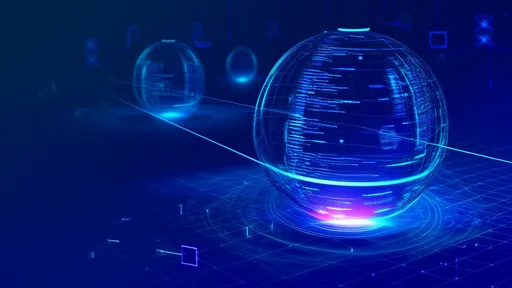
By /Aug 7, 2025

By /Aug 7, 2025
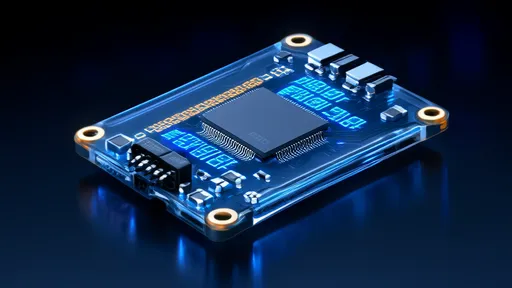
By /Aug 7, 2025

By /Aug 7, 2025
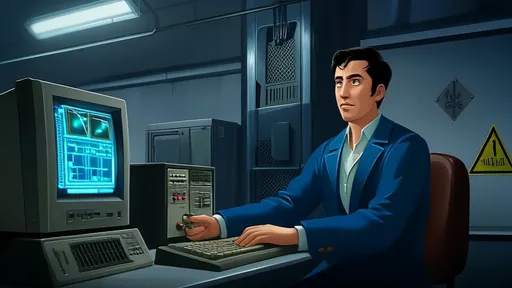
By /Aug 7, 2025

By /Aug 7, 2025
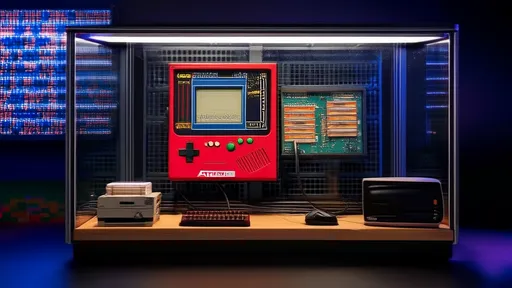
By /Aug 7, 2025

By /Aug 7, 2025

By /Aug 7, 2025

By /Aug 7, 2025

By /Aug 7, 2025

By /Aug 7, 2025

By /Aug 7, 2025
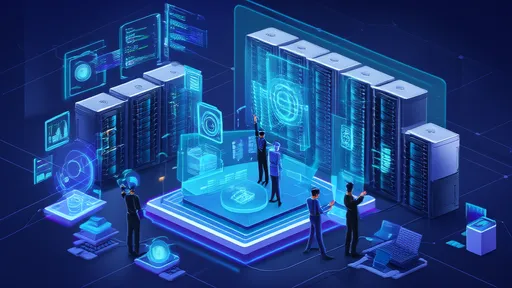
By /Aug 7, 2025
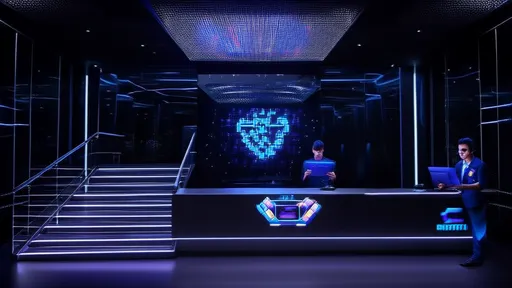
By /Aug 7, 2025

By /Aug 7, 2025

By /Aug 7, 2025

By /Aug 7, 2025

By /Aug 7, 2025

By /Aug 7, 2025